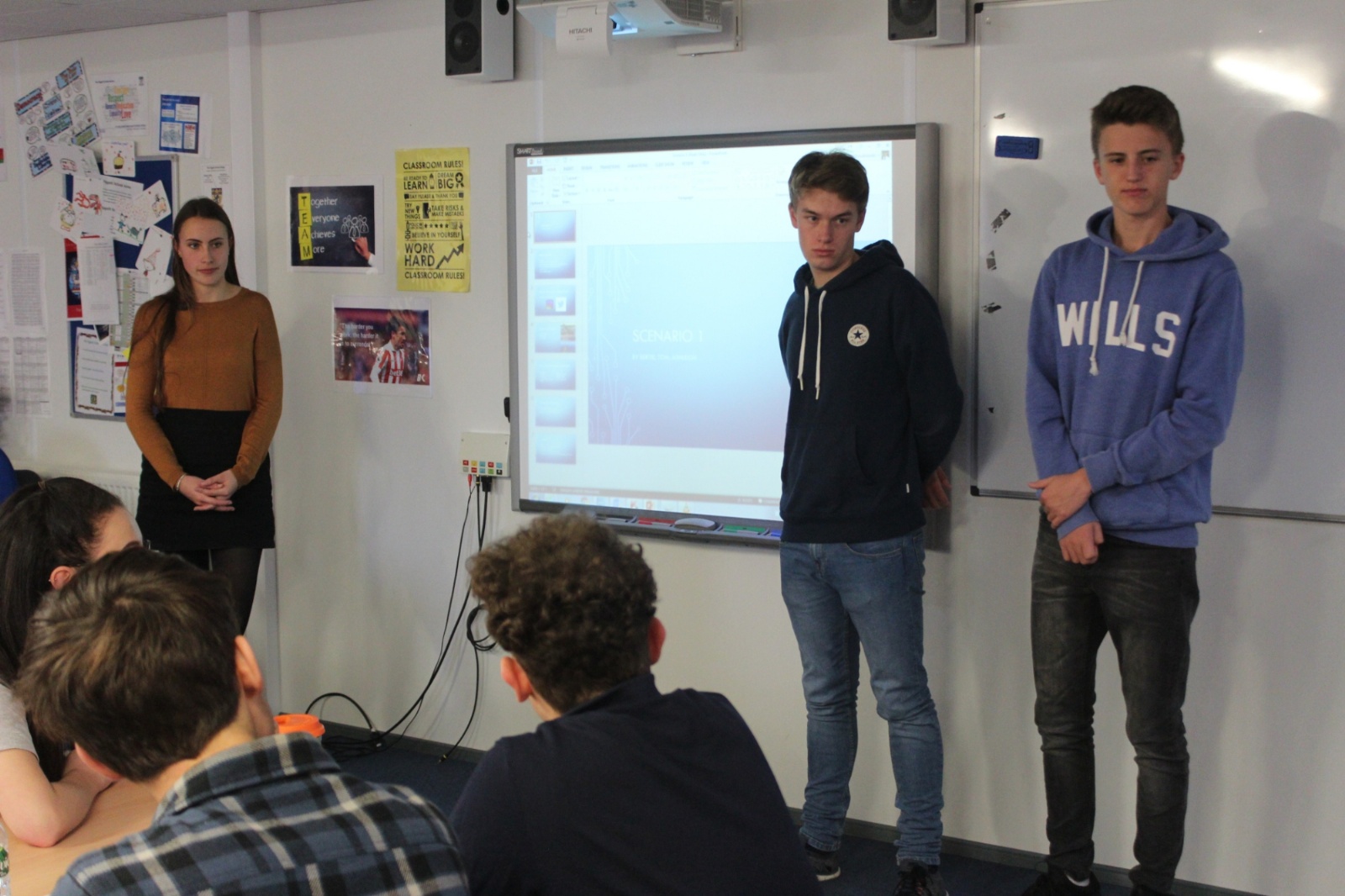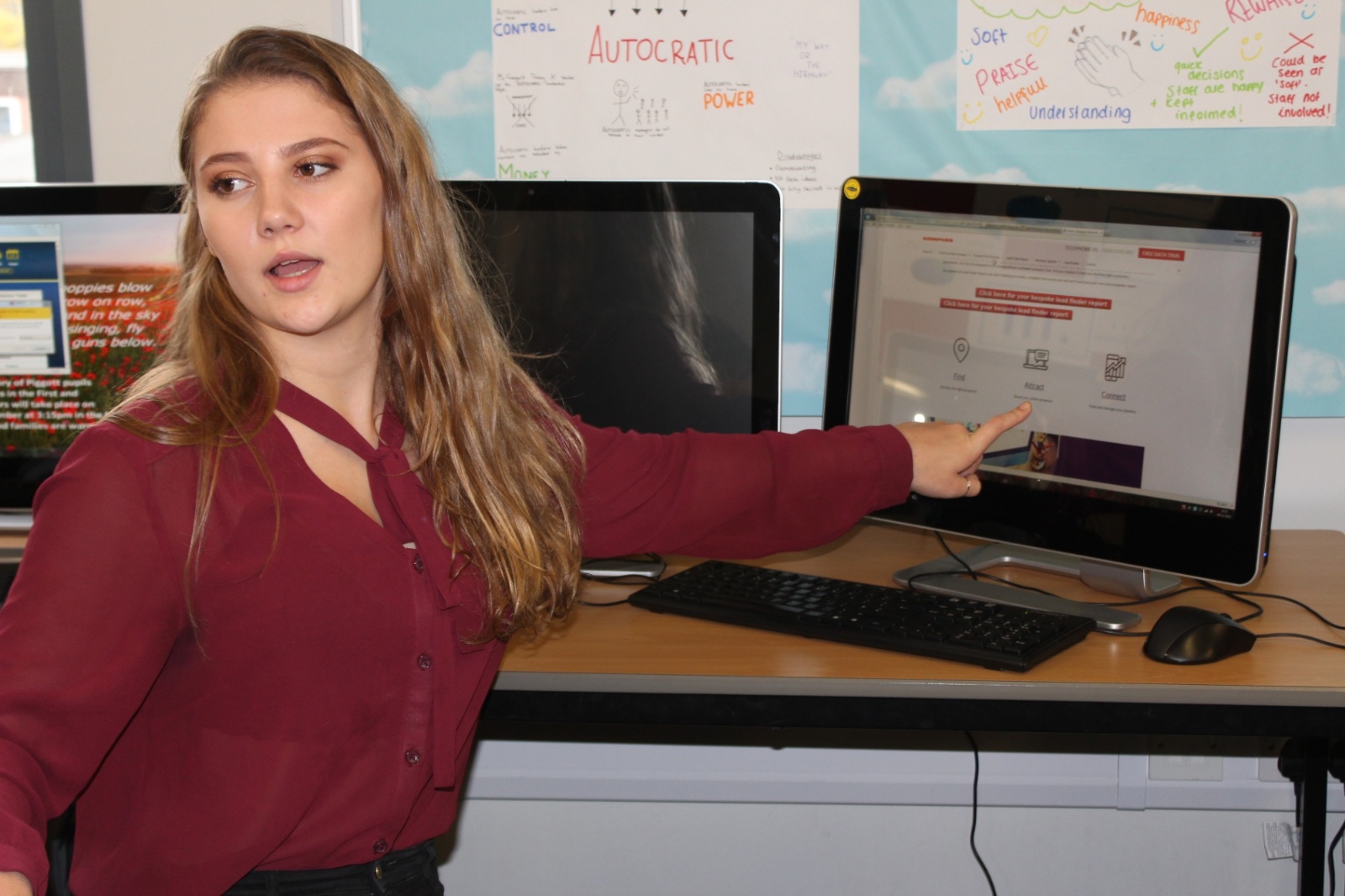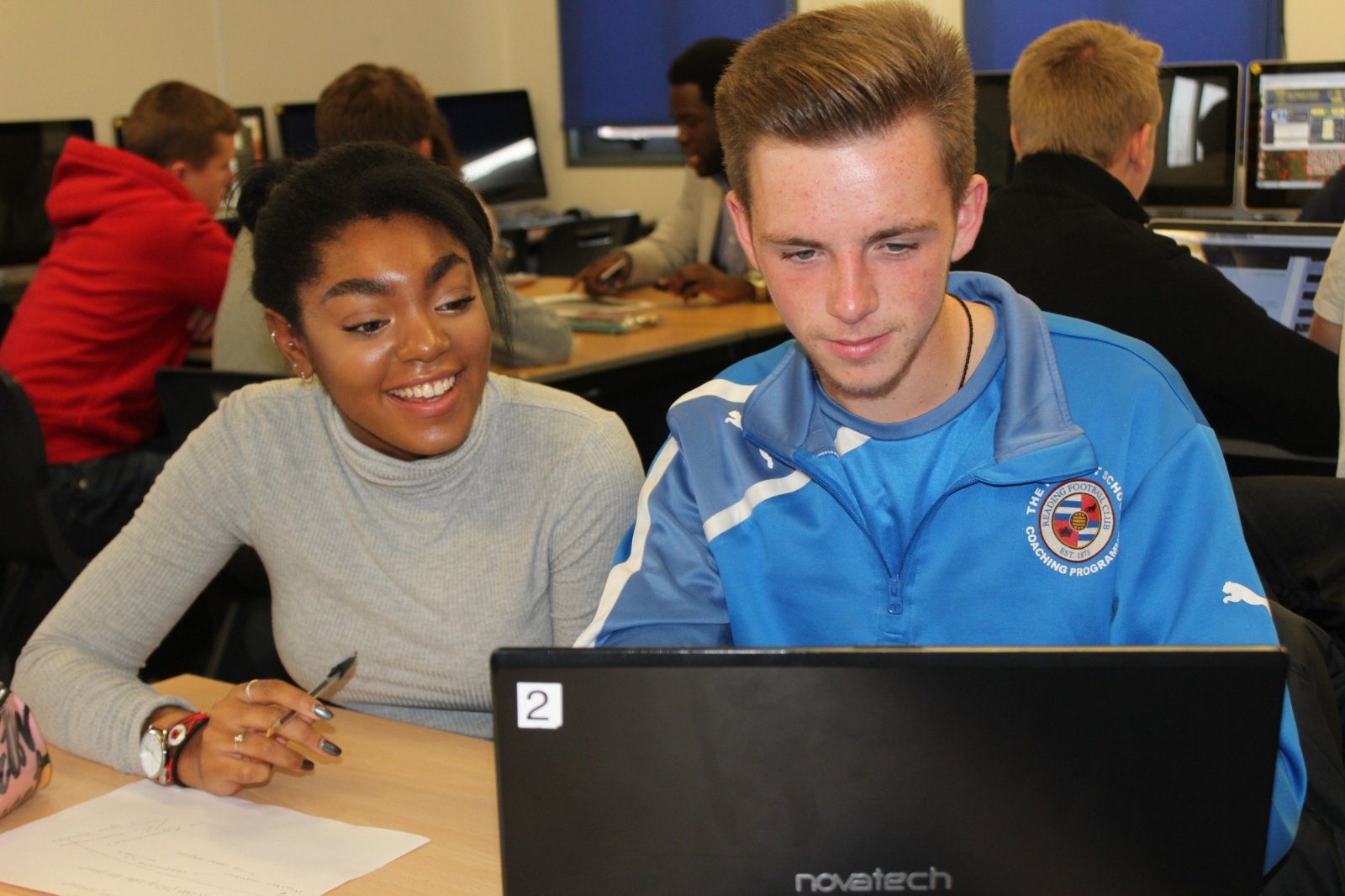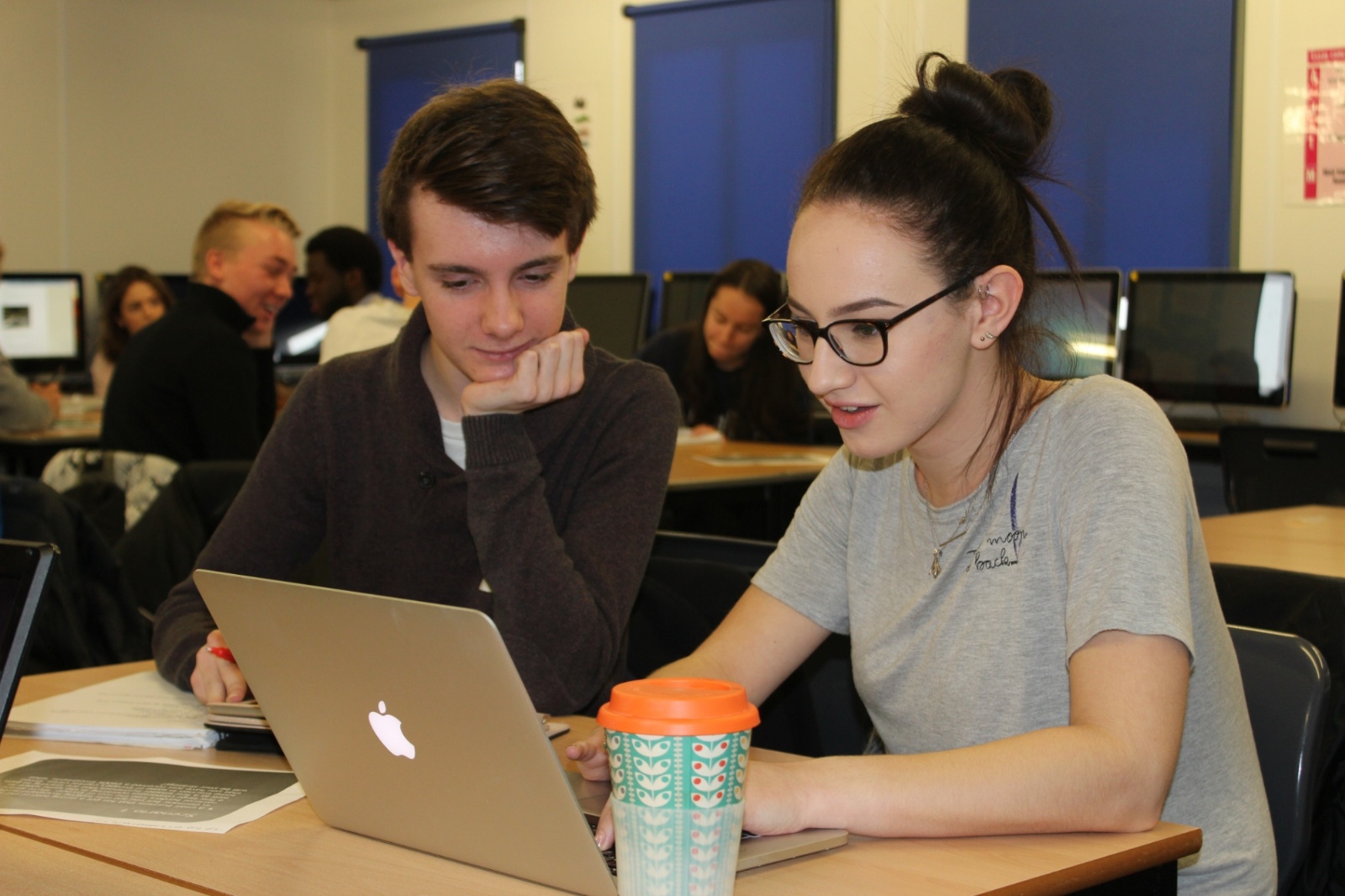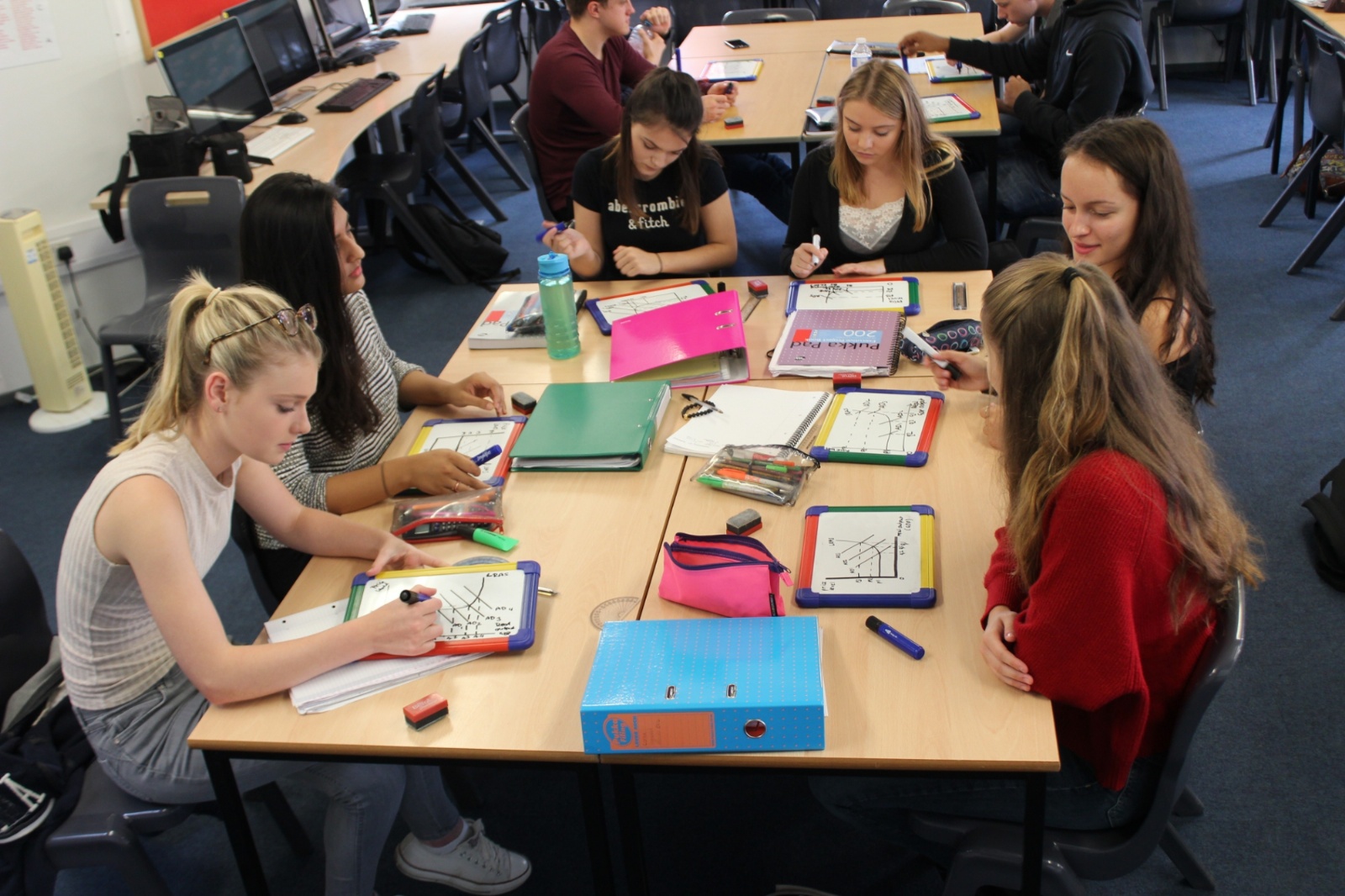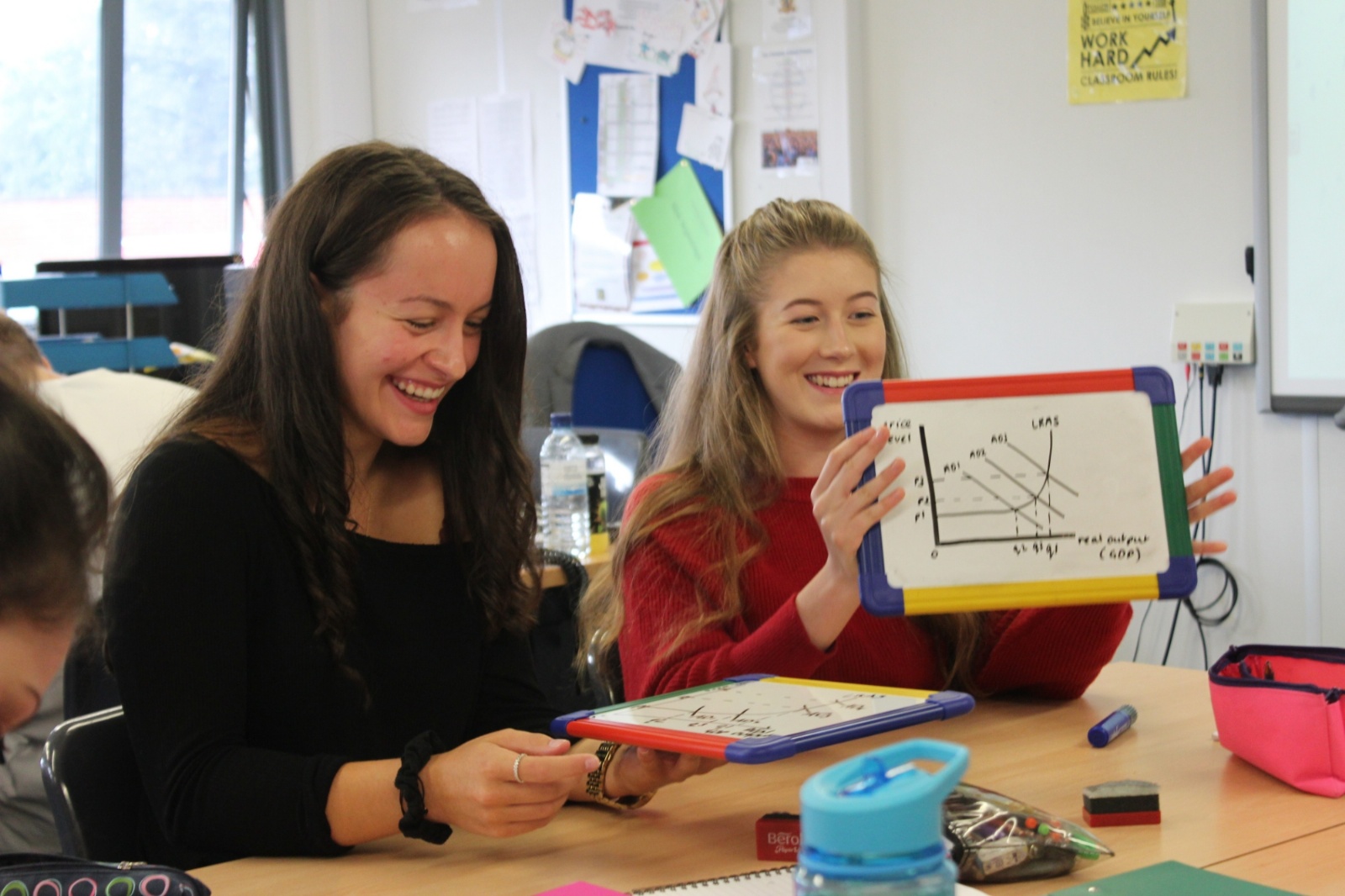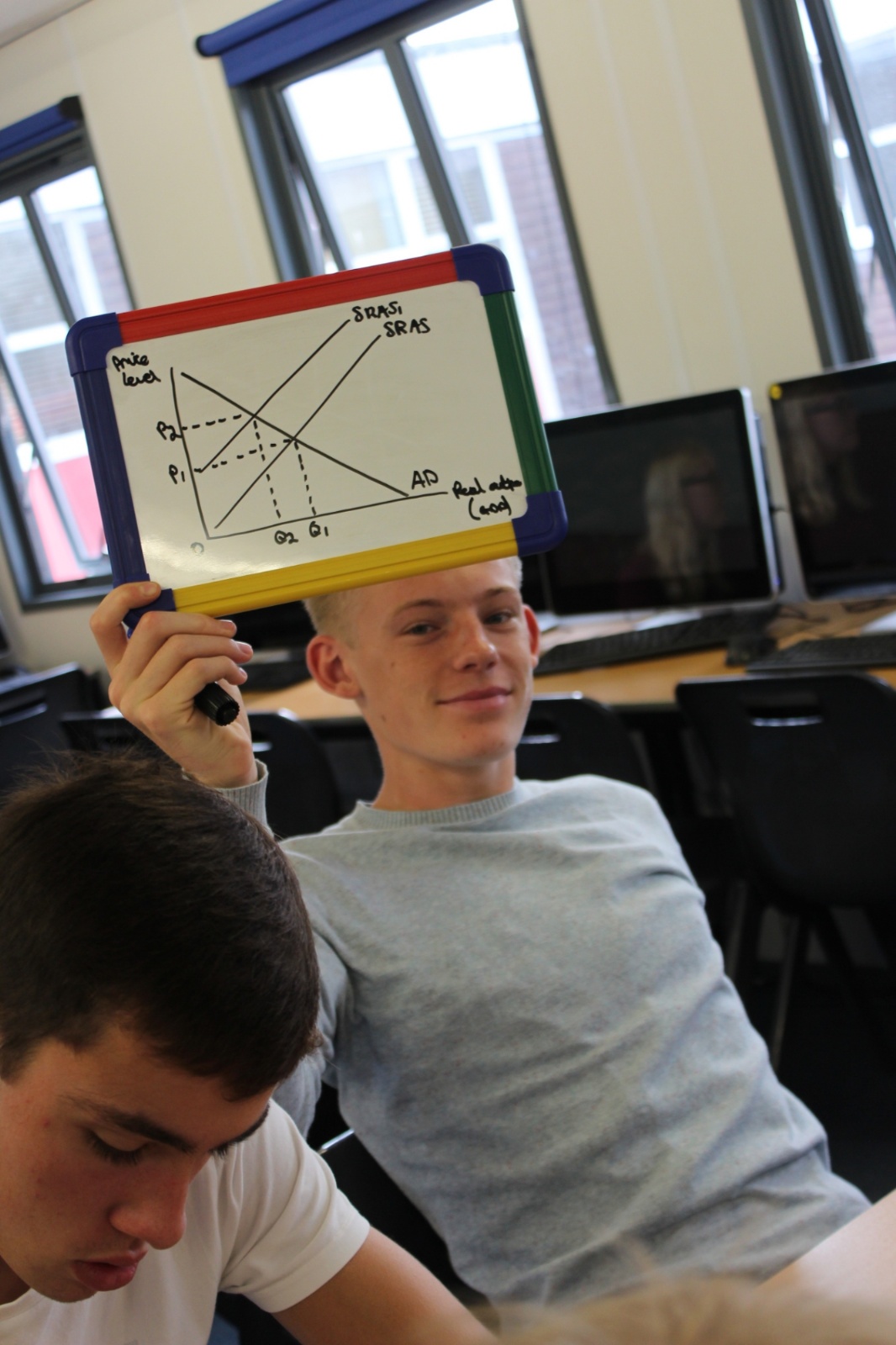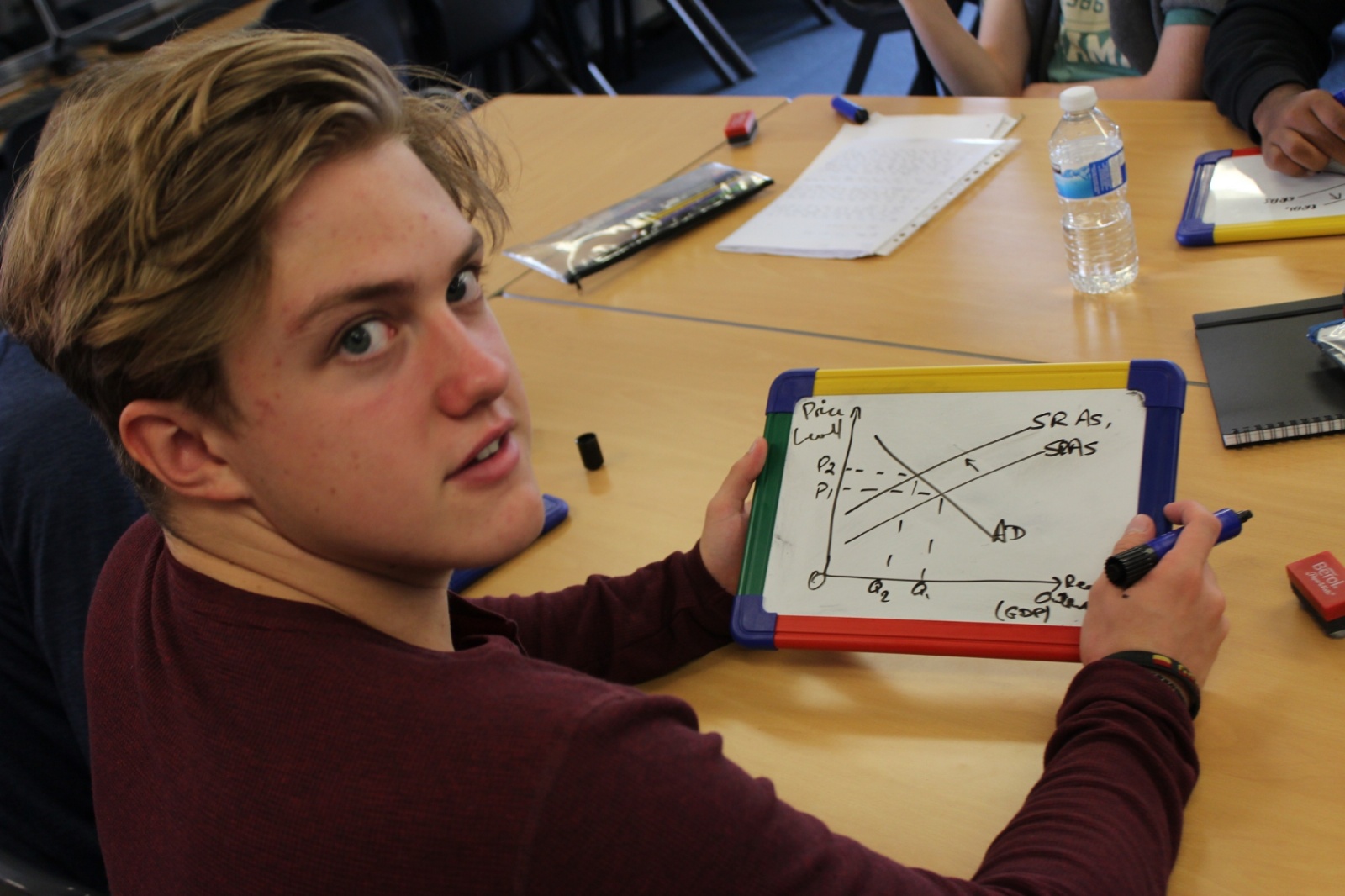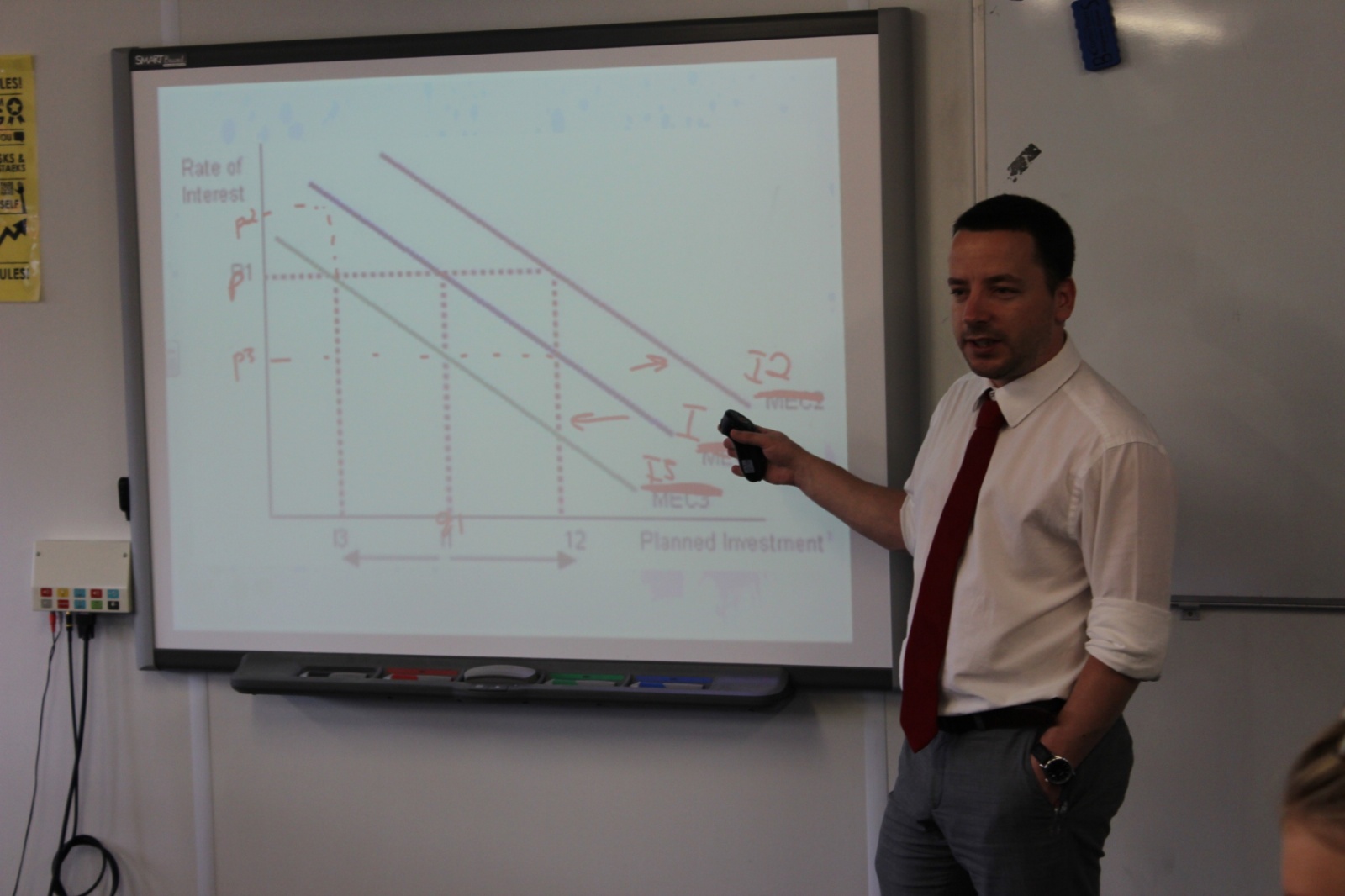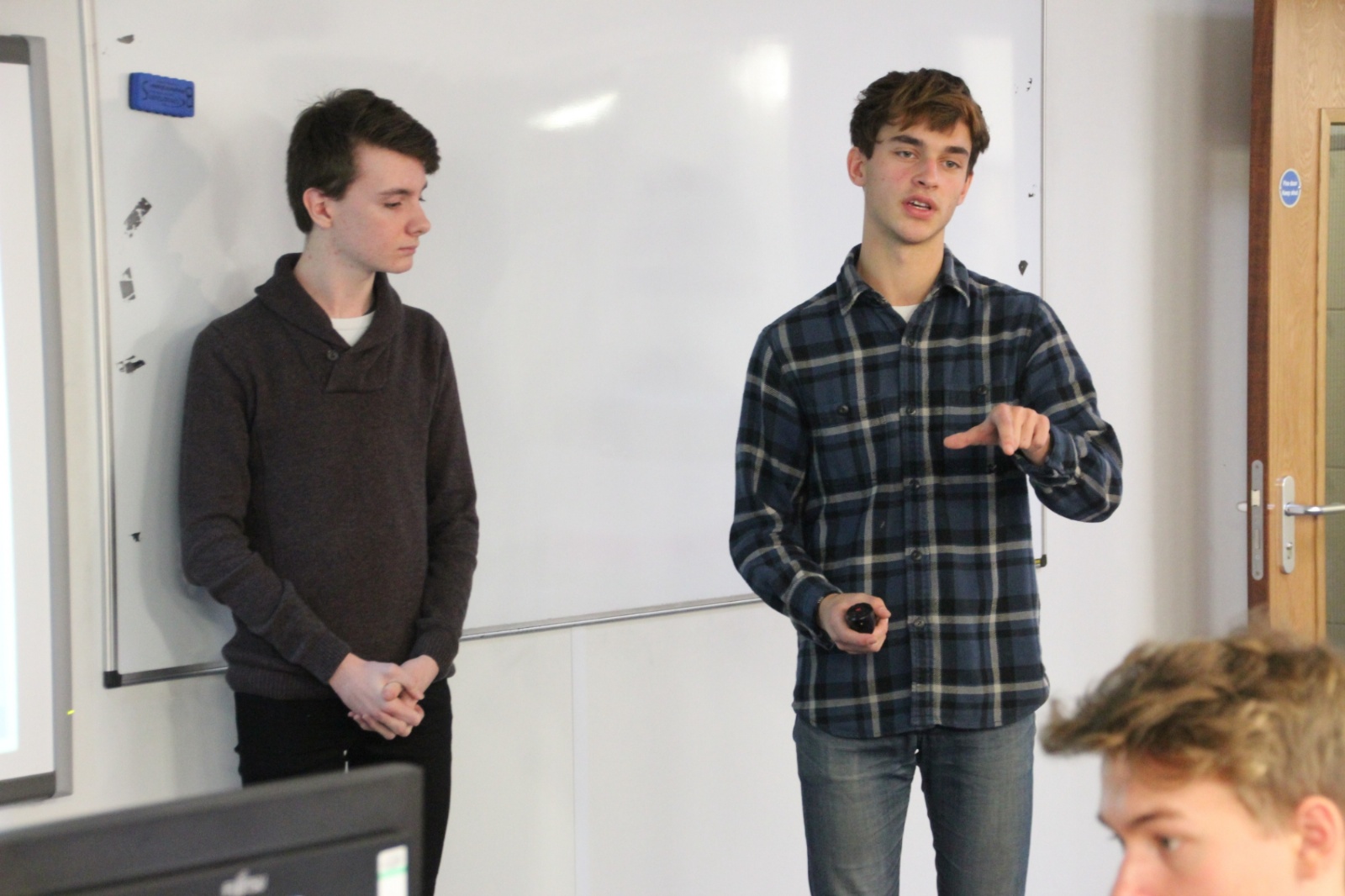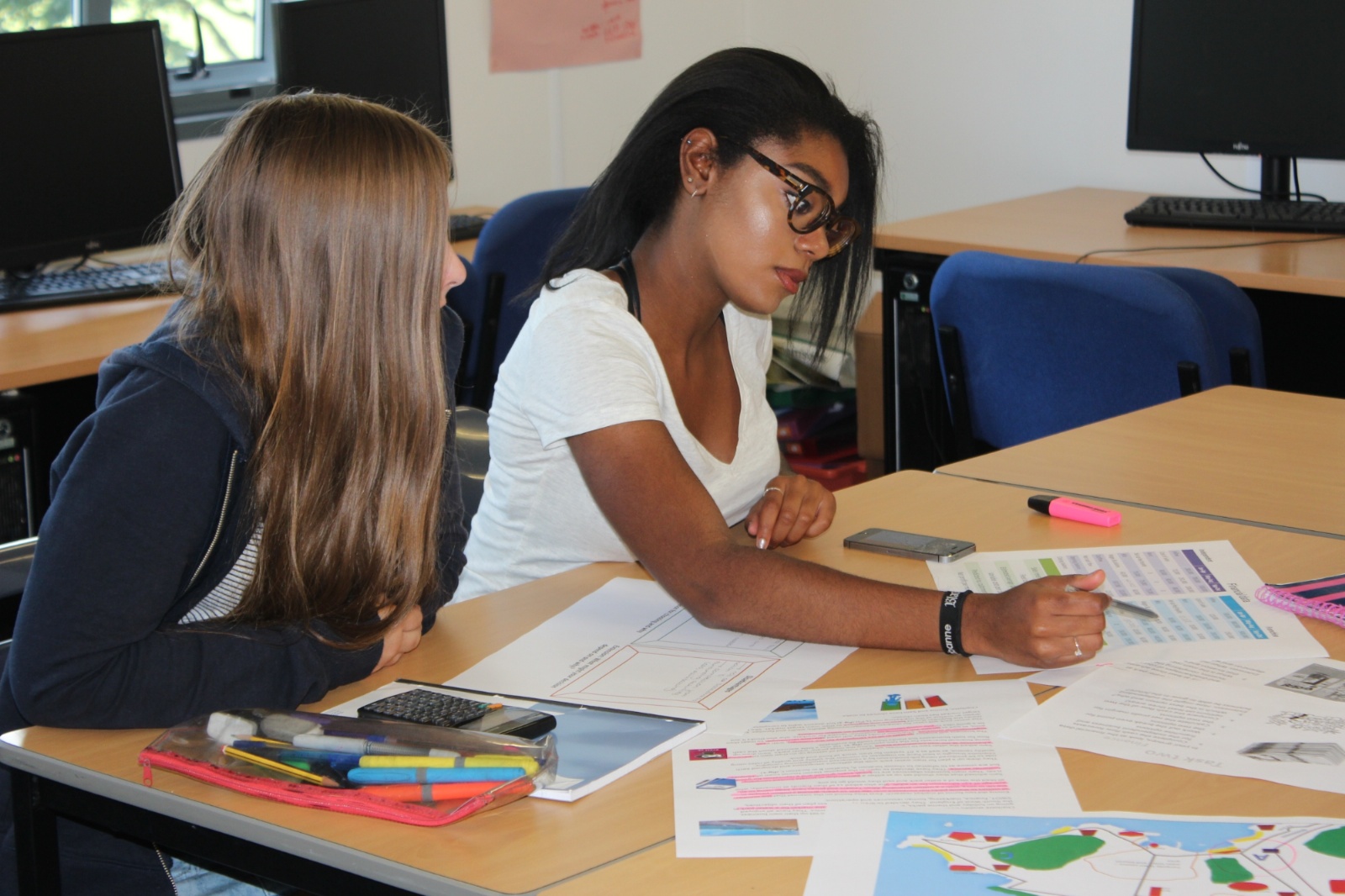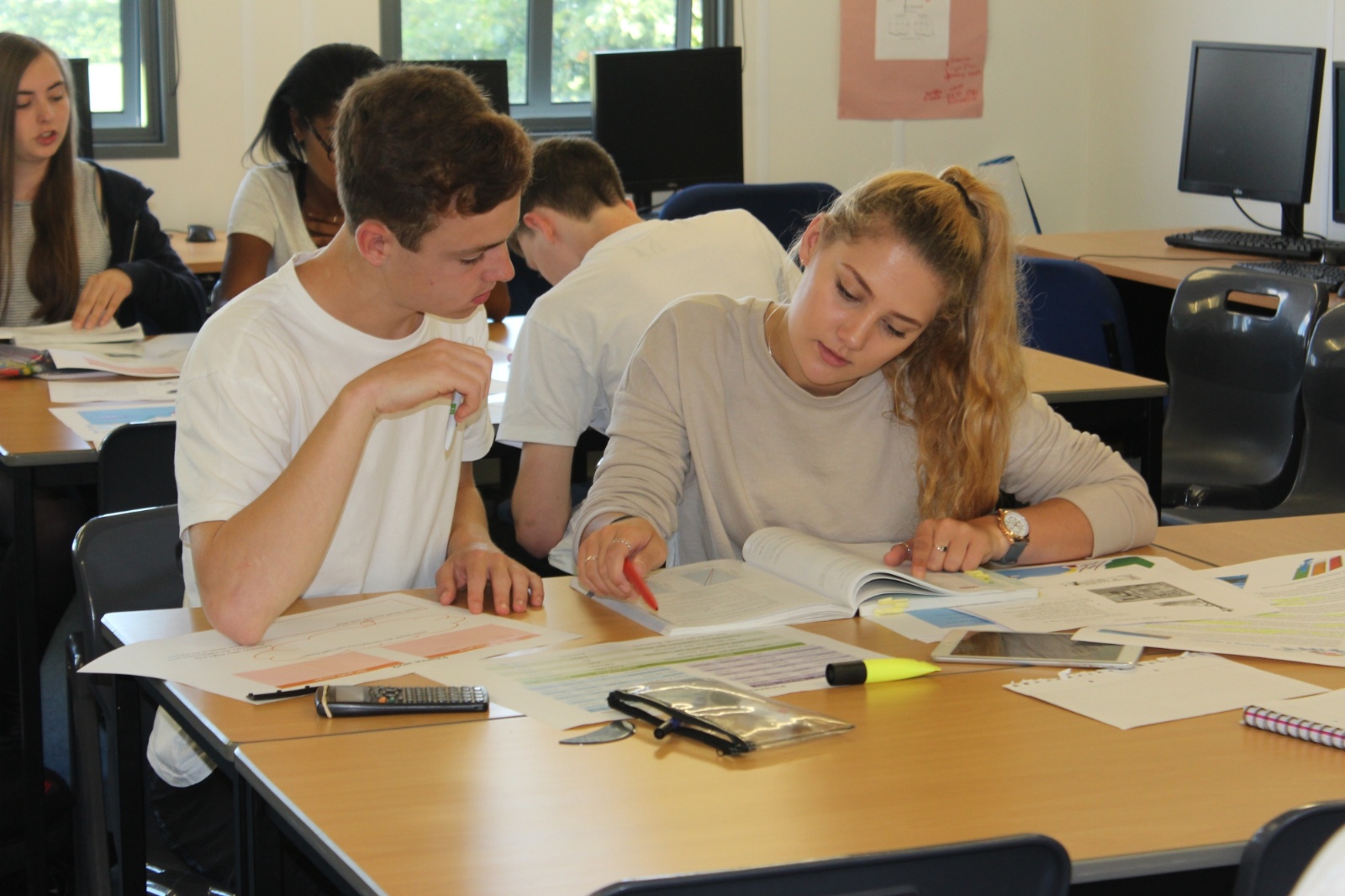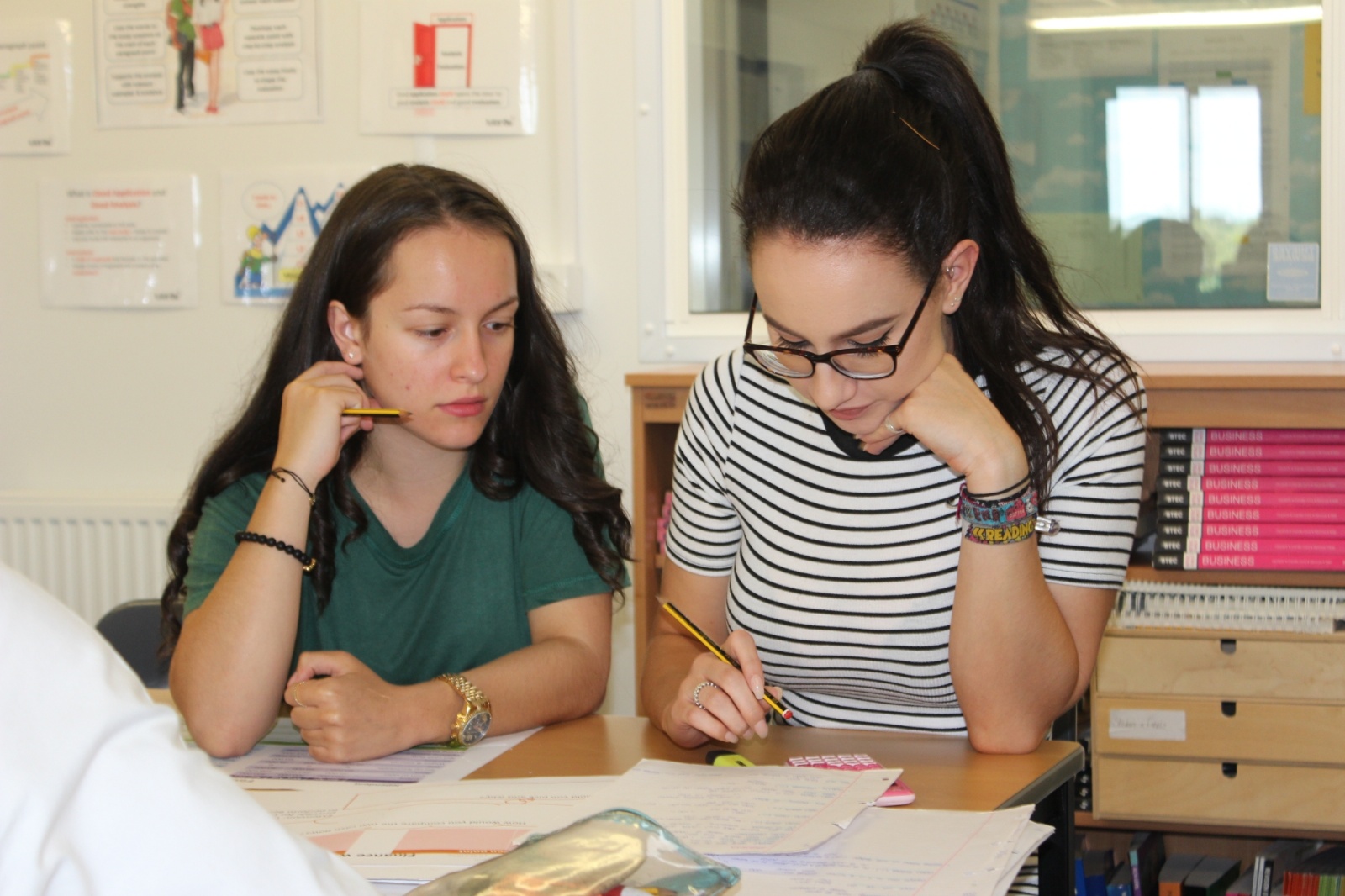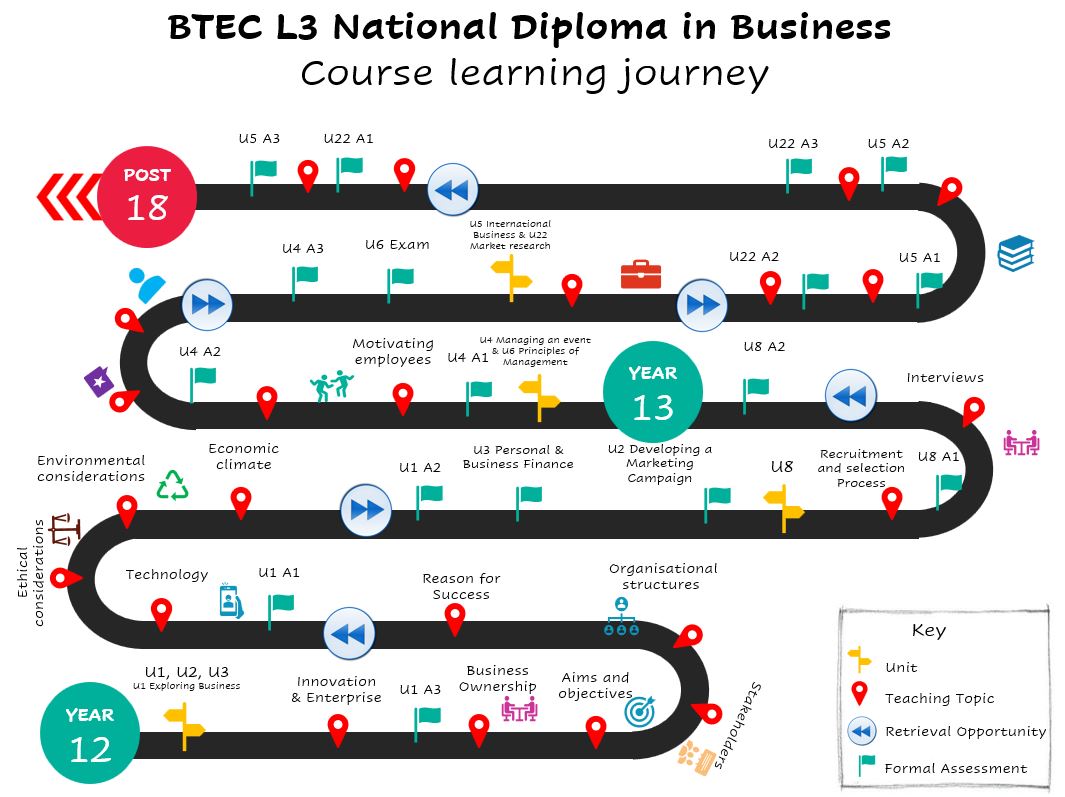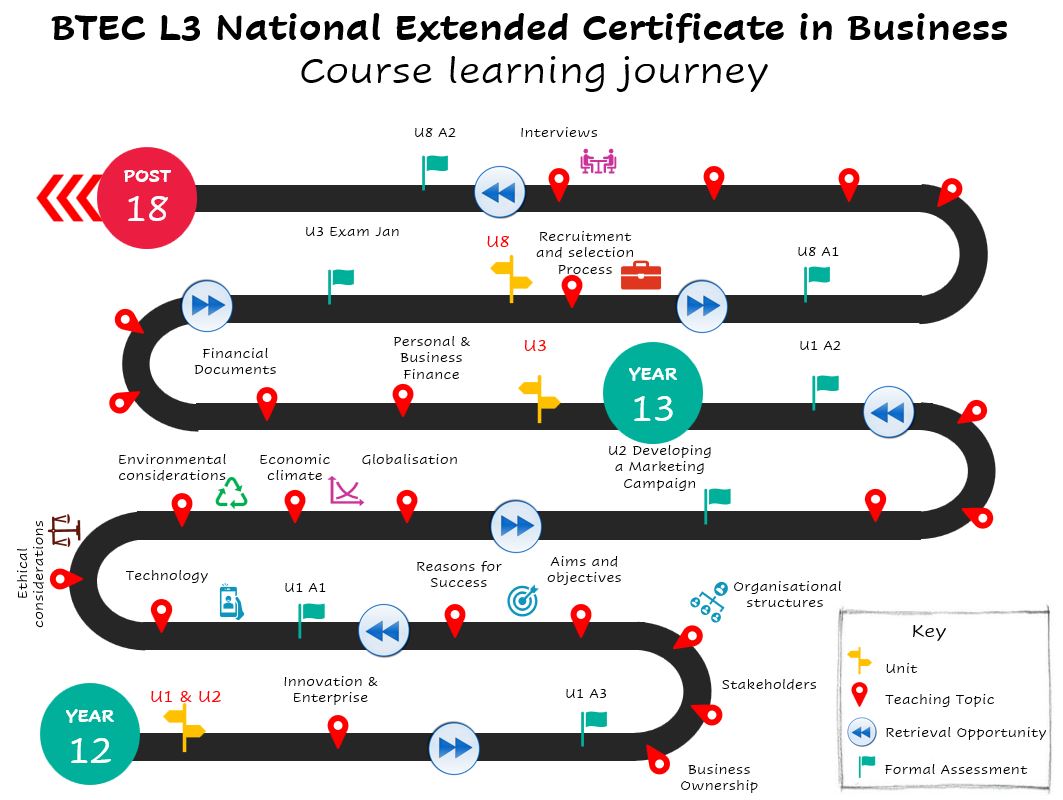Business and Economics
'An open and outward-reaching team who are positive, supportive and encouraging our pupils to be aspirational’.
Curriculum Aims
- Bringing our subject to life, teaching of and application to the real world
- Open door policy for Sixth Form pupils
- Open door policy for teachers
- Team-working and collaboration
- Outward-reaching to pupils, teachers and other schools
- Positive learning atmosphere
- Extra support offered at all times to all pupils
- Encouragement of staff and pupils to be their best
- Stretch and challenge as standard in lessons across all subjects in the department
- Soft skills – teamwork, leadership, communication, research
- Employability skills – as above + initiative, problem solving, presentation
- Enterprise skills – creativity, risk-taking, innovation, resiliency
- Knowledge and application together, range and depth
- Careers – as above + extra help, guidance, mentoring and range of careers given subject area
Curriculum Intent
Cultural capital
- Opportunities for our pupils – various
- Real life application to the world outside on a daily basis
- Teaching of diversity in lessons and regular reference to it
- Encouraging children to be citizens of the world, e.g. through globalisation/international trade
- Employment advice, especially for Sixth Form pupils on top of normal teaching
- UCAS help with university choices, references and personal statements
- Project management workshop for A-Level Business pupils run by professional
- Group activities throughout both key stages and all subjects
- Twyford Together project with local businesses
- Local businesses visit and coming to Piggott, e.g. chocolate, entrepreneurs, Interserve, Morgan Lovell
- Resources building cultural capital, e.g. videos
- Reference to local, national and international business/economy every day
- Curriculum has stimulating experiences, e.g. personal finance, working skills
- Reading encouragement and lists for wider learning
Curriculum area distinctions
- Teamwork – as a team of teachers and with our pupils
- Open door policy – for Sixth Formers and each other in department, as well as visitors, e.g. PGCE students
- Playing to our strengths, e.g. with timetabling and sharing expertise/tasks, swapping lessons
- Liking our pupils – having care and making the effort with children in the department
- Range of courses on offer, including mix and match
- Openness for pupils – accepting of so many and such a wide range of ability and backgrounds
- Aspirational – constantly encouraging pupils to achieve, e.g. target grade not being a barrier
- Pupils like working in the department, shown by growing numbers and those who stay to KS5
- Results at both GCSE and A-Level/BTEC have regularly been excellent
- One-to-ones with pupils, both scheduled and unscheduled make a big difference
- Revision sessions offered in the mornings and ad hoc to groups
- Examiners in the department – helps with CPD of each other, marking accuracy and teaching
- Consistency – all children get a good teacher with common high expectations in the department
- Calmness across all classrooms with a good atmosphere for learning
- All teachers have a knowledge of all courses in the department, help each other’s pupils
- Outward reaching to other schools, giving them advice, visits to and from
Learning Journey
GCSE Business
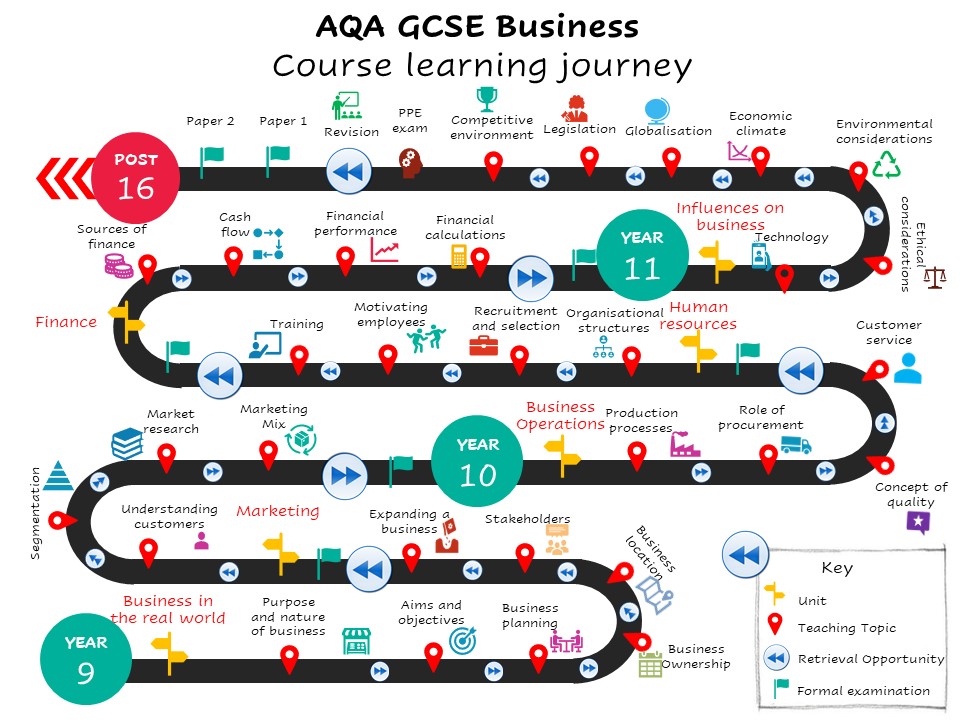
A Level Business
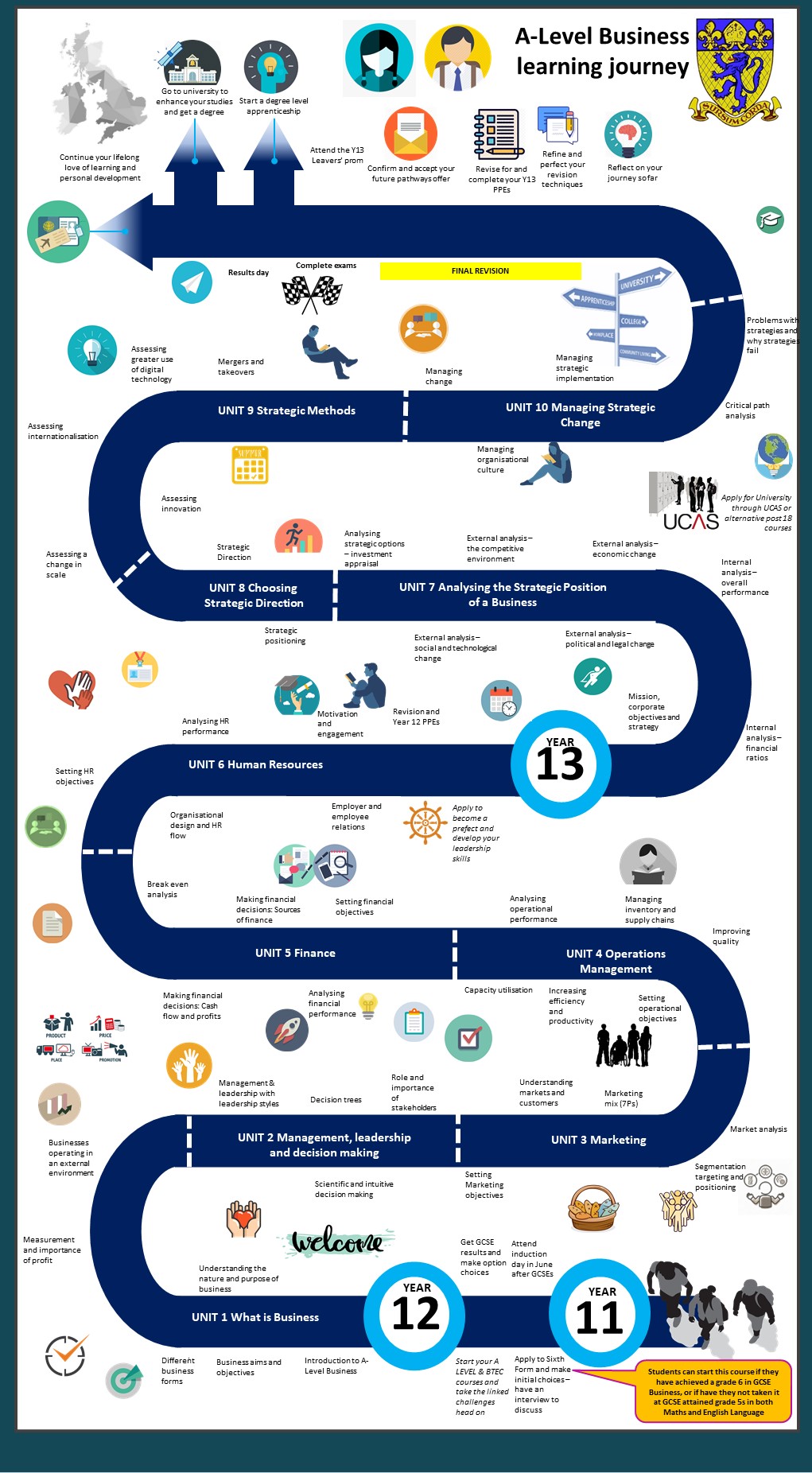
A Level Economics
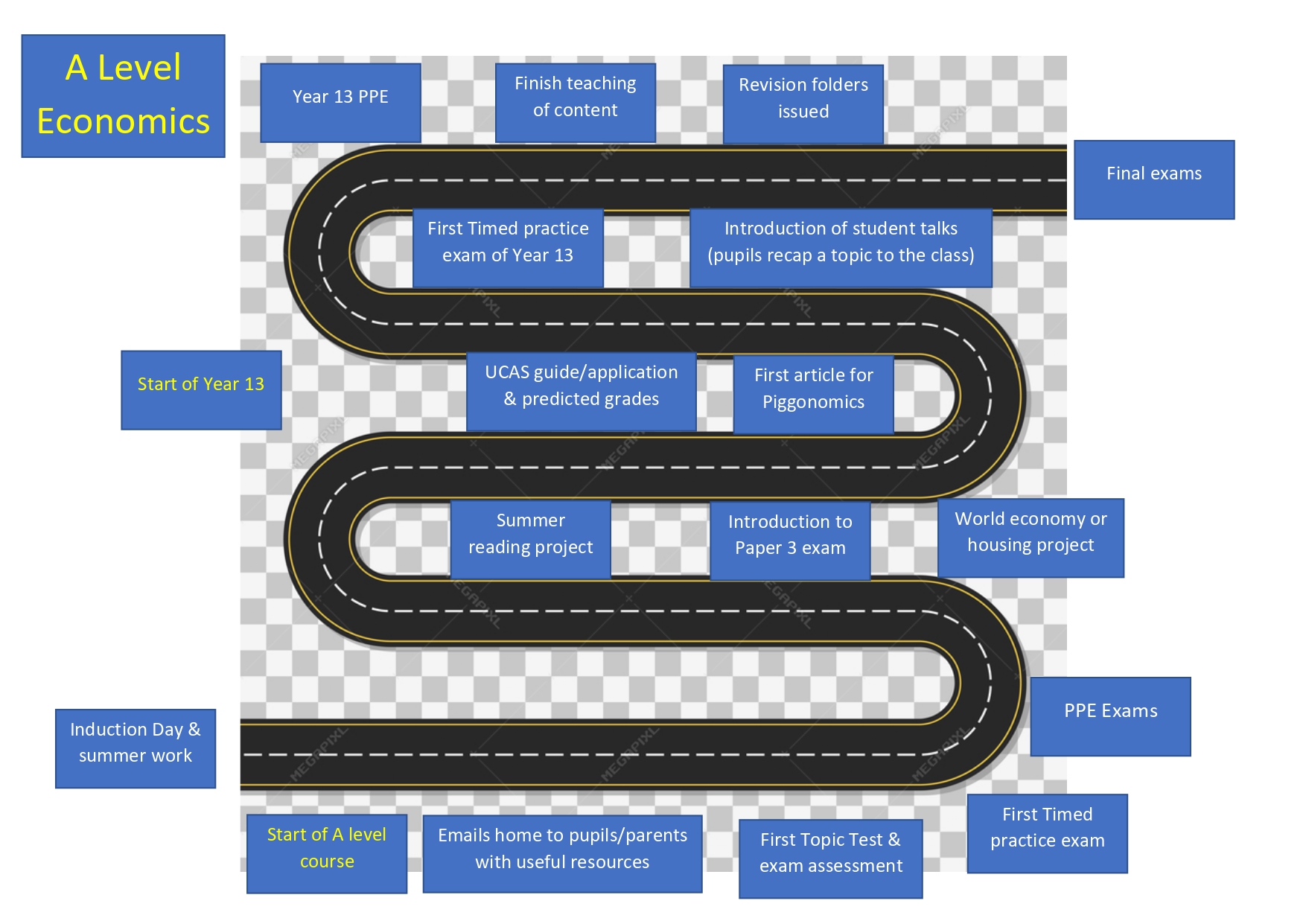
BTEC Business

